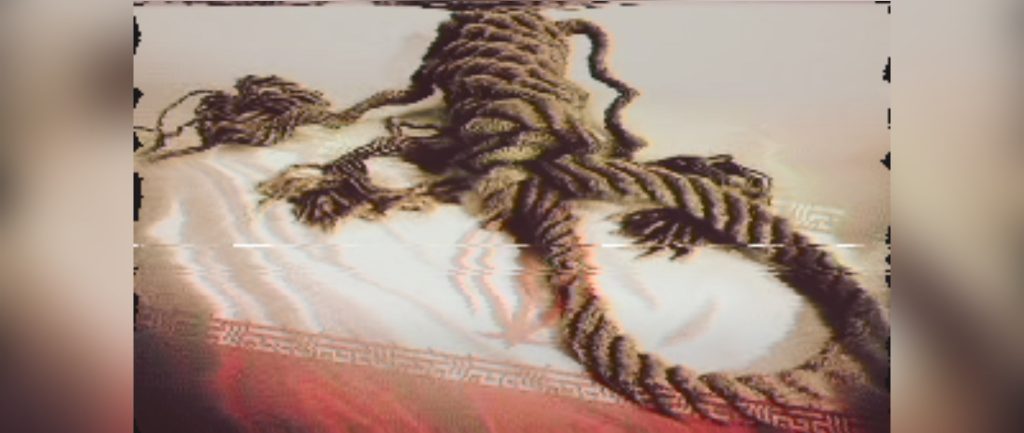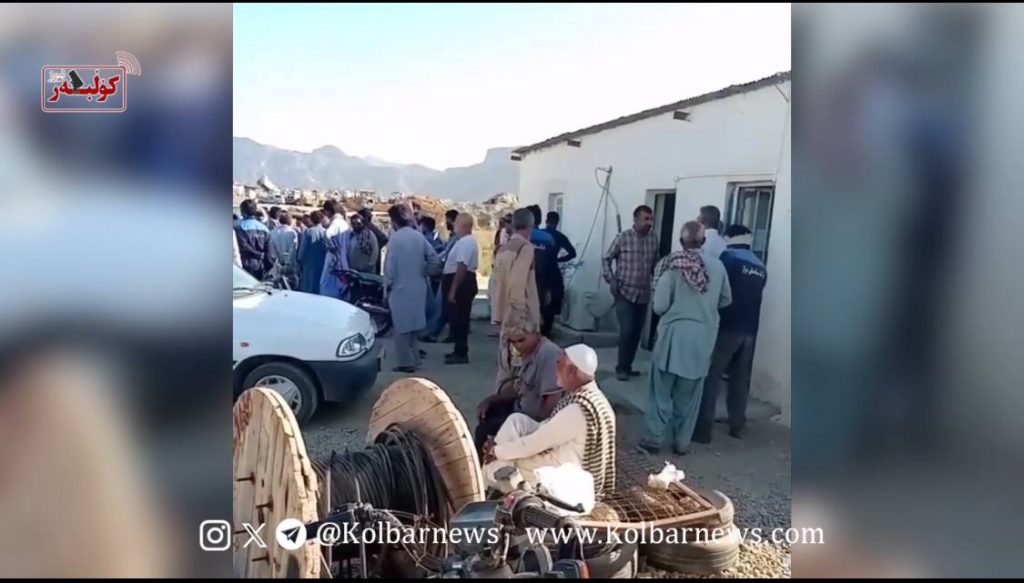
On Sunday, May 5, 2024, Mahmoud Mehrabi’s attorney announced that a court in Isfahan had verbally sentenced his client to execution for corruption on earth without formal notification. He stated that there was not even one accusation in his client’s case that aligned with corruption on earth according to the laws of this regime.
Mahmoud Mehrabi has been under torture since February 2023, and a mercenary judge has issued this inhumane and severe sentence solely because of his activities in the Social Media. The Isfahan judiciary, known for its infamy and obedience, also sentenced the revolutionary rapper Toomaj Salehi to execution without relying on any reason, at least related to his previous record in the corrupt government and Islamic prosecution.
However, on May 5th, the regime not only stopped at issuing death sentences but also carried out the execution of two prisoners in Zanjan Prison and one prisoner in Dieselabad Kermanshah Prison. Four days earlier, on the dawn of the May first, the regime executed Anwar Khazeri, a Kurdish ideological prisoner from Mahabad, after nearly 15 years of imprisonment in Qezel Hesar Prison in Karaj. It is worth noting that several Kurdish ideological prisoners have been sentenced to execution in short court sessions. A day after Anwar Khezeri’s execution, on the second of May, it was reported that the regime had executed two people in Ardabil and Karaj prisons.
The Iranian Human Rights Organization announced on Thursday, May 2, that in the past two weeks, the Islamic Republic had executed one person every five hours. Additionally, in theast two weeks, the death sentences of 63 prisoners in Iranian prisons were carried out. According to the mentioned human rights organization, 171 individuals have been executed in various Iranian prisons in the past four months. Amnesty International had previously reported the execution of at least 853 individuals in Iran during the year 2023.
Executions have always faced widespread opposition and protests from citizens both domestically and internationally, but since January 2018, especially after the Jina revolution, it has expanded. These protests, including those by political prisoners inside and outside the country, have gained wider momentum.
Seeking help with the oppressor has persisted from the inception of the disgraceful life of the Islamic Republic and has accelerated since the Jina revolution. Because the fear of collapse and overthrow has become deeply rooted in the minds of the government leaders after the Jina uprising. The increase in executions during this period has been accompanied by intensified attacks against women who choose optional clothing, increased pressure on social activists and political prisoners, and intensified attacks on Kolbars in Kurdistan, Sukhtbars in Balochistan, and Baha’is in Iran.
The policy of regime survival relying on the execution, contrary to the 1980s, has not deterred angry masses; rather, it has drawn them into direct confrontation against the regime and for its overthrow. The unprecedented expansion of protests against executions is one of the facts of this reality. To further halt the regime’s execution machine, more aggressive tactics need to be adopted, and the level of protests and demands needs to be elevated. Workers’ movement activists and the few independent organizations must occasionally escalate their protests to continuous aggression with the slogan “Execution must be abolished.” In this way, they can mobilize advocates and opponents of executions both domestically and internationally. The masses must come to the realization that execution is a tool in the hands of the regime to instill fear in society and not a means to create security. Executions have never brought peace and security in any country; rather, they have brought the opposite. This is particularly true in a regime that, resorting to extreme violence, has engaged in war with all citizens to a greater extent.
From today, the regime can be compelled to retreat on executions, attacks on free and unveiled women, and the like. The prerequisite for the abolition of executions in Iran is the overthrow of the Islamic Republic.

